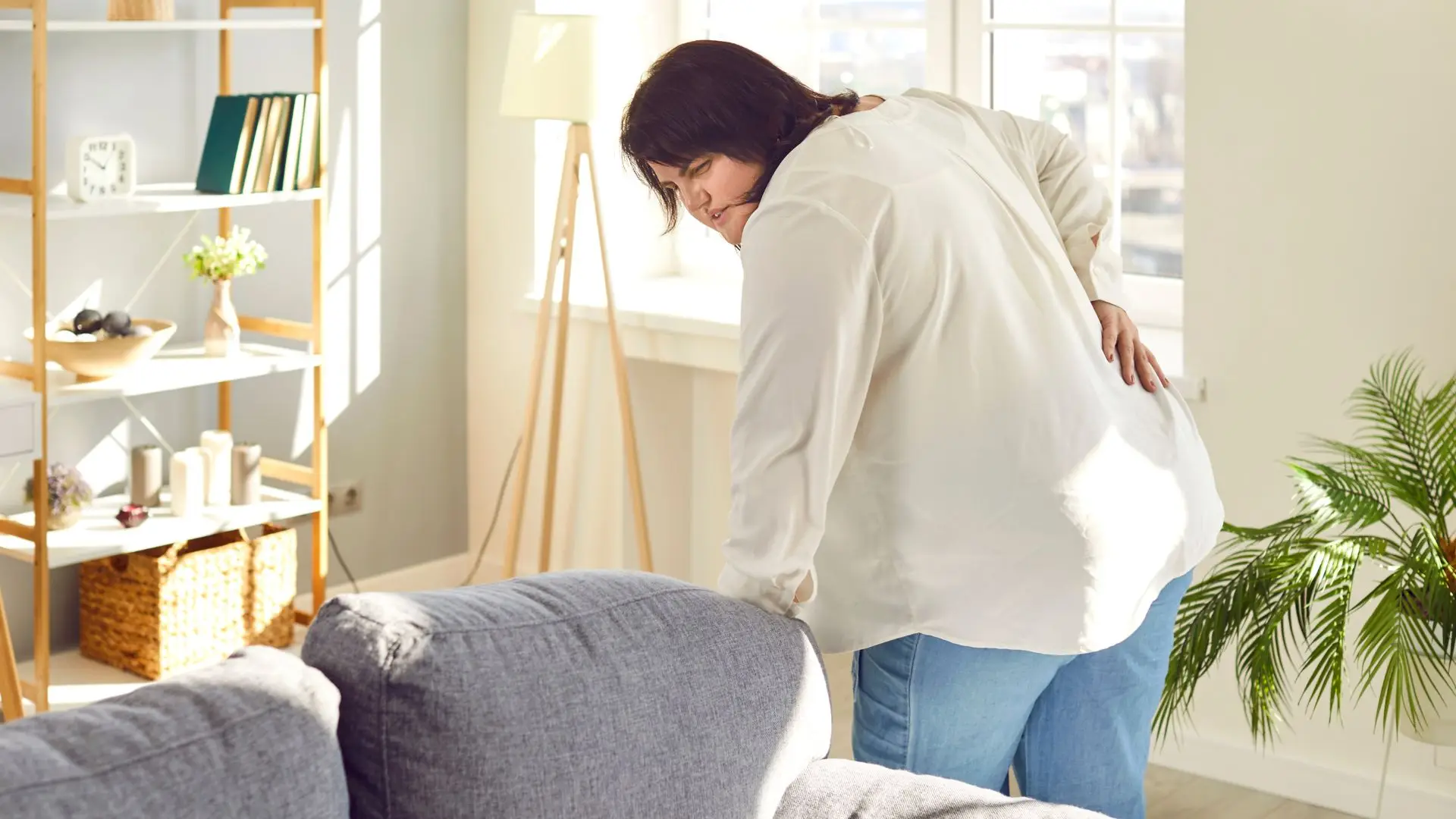

Unlocking the Mystery of Chronic Pain Syndrome
Pain is your body’s regular response to an injury disease or illness, a warning signal that something is not right with your body. When your body heals, you generally feel better and the pain subsides.
But for lots of people, the discomfort continues long after its reason is gone. When it lasts for 3 to 6 months or even more, it’s called chronic pain. When you suffer day in day out, it can take a toll on your emotional and physical health and well-being.
Across the globe, 25% of individuals with chronic pain will develop the condition called Chronic Pain Syndrome (CPS). That’s when people have symptoms beyond pain alone, like depression and also stress and anxiety, which will interfere with their day-to-day life.
CPS can be hard to deal with, however, it’s not impossible. A mix of therapies like counseling, relaxation, and physical techniques, can assist to ease your discomfort and the other symptoms associated with it.
What Causes Chronic Pain Syndrome?
Doctors and Physicians don’t understand exactly what causes CPS. It often starts with an injury or unpleasant condition such as:
Arthritis and other joint troubles
Neck and back pain
Headaches
Muscle stress and strains
Repetitive stress injuries, when the same body movement over and over places stress on the body component
Fibromyalgia, a condition that creates muscle pain throughout the body
Nerve damage
Lyme illness
Damaged bones
Cancer
Acid Reflux
Ulcers
Inflammatory bowel disease (IBD).
Irritable Bowel syndrome (IBS).
Endometriosis
Surgical treatments.
The origins of CPS are both physical as well as psychological. Some experts assume that people with the problem have a problem with the system of nerves and glands that the body makes use of to manage stress. That makes them feel pain differently from individuals who do not suffer from Chronic Pain.
Various other professionals say CPS is a learned response. When you’re in discomfort, you may begin to duplicate certain poor behaviors and actions even after the pain is gone or has been minimized.
CPS can influence people of any age and both sexes, yet it’s most typical in ladies. People with significant anxiety and various other mental health and wellness problems are more probable to obtain CPS.
Signs And Symptoms Of Chronic Pain Syndrome
CPS affects your physical health, your feelings, and also your social life over time. The discomfort can result in various other signs and symptoms, such as:
Anxiousness.
Clinical depression.
Poor rest and sleep
Feeling extremely tired or wiped out.
Irritation.
Regret.
Loss of interest in sex.
Drug or alcohol abuse.
Marital relationship or family issues.
Job loss.
Self-destructive thoughts.
Some people with CPS need to take increasingly more medicine to handle their discomfort, which can make them become dependent on these medicines.